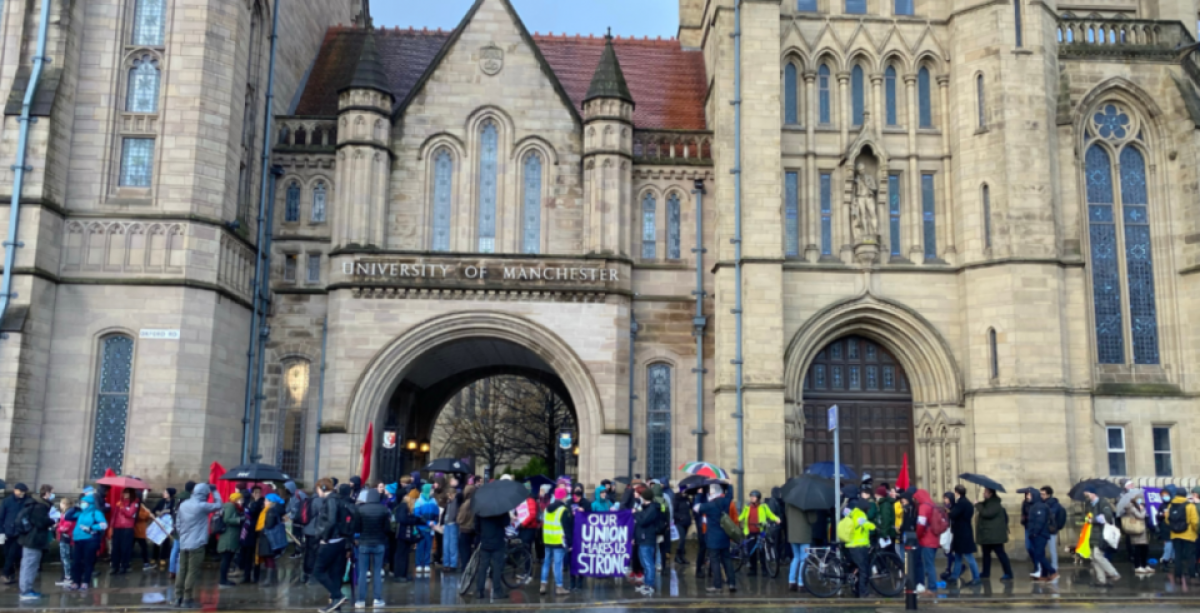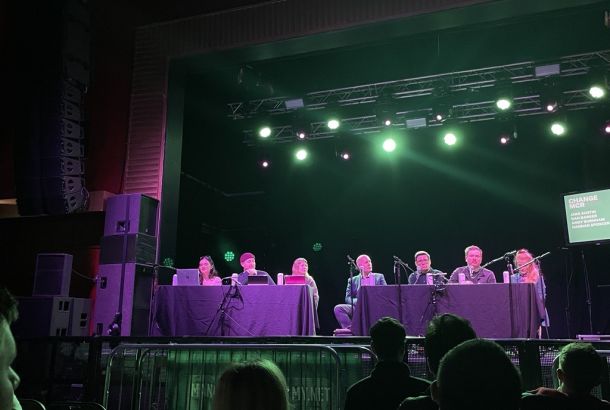Anger at UCU after strike action paused

The UCU has decided to pause strike action for the next two weeks in light of ‘significant progress’ that has been made in negotiations over pensions, pay and casualisation.
This means that the strikes that were due to take place on the 21, 22, 23, 27, and 28 February, and 1 and 2 March have been called off, but the strike days later in March are still scheduled to take place.
However, some staff have expressed concerns with the decision to suspend the strikes, citing a lack of transparency in the UCU decision making process, and concerns with the justifications the UCU has provided for its decision.
The UCU website states that it has made significant progress in negotiations on pay, casualisation and pensions.
However, this is not a unanimous feeling. the Manchester Branch of the UCU is against the suspension of strikes: 72% voted for a motion that is “highly critical of the suspension of action.”
Dr Molly Geidel, vice-chair of the UCU, told The Mancunion that “the result is definitely a privileging of permanent staff over temporary ones”.
She believes that suspending the strikes “shows a level of trust in these governing bodies […] that’s completely unsupported by their previous actions.”
She noted that “many universities in the dispute are not even in the USS pension scheme”, and so would not benefit from “the restoration of the USS pensions”.
Davide Pala, a PhD student and teaching assistant at the University of Manchester who has been participating in the strikes, said that he sees a generational issue in the latest UCU decision.
He argues that while concrete progress has been made on the pensions dispute, the progress made on pay and casualisation is “negligible”.
He suggests the UCU decision reflects a win for older or more senior staff, but not for younger or more precarious workers, many of whom may not have a concrete pension.
Another senior lecturer at the University, who wishes to remain anonymous, agrees that there is a generational issue, because progress on pensions is more concrete than progress on pay or casualisation.
Furthermore, some are frustrated with the lack of communication from the UCU about how to prepare for teaching with such short notice, given that UCU members only received notice of the suspension of the strikes on Friday evening.
Mr Pala suggested that the de facto effect of the suspension of the strikes is that most staff would have had to work over the weekend to catch up, despite the Union being on ASOS (Action Short of a Strike).
Staff in the UoM UCU branch were given advice to “prioritise necessary preparation work”, taking time off later “in compensation.”
Secondly, if they were not able to prepare fully, they should ‘head into class prepared to be honest with students’ about the situation that members find themselves with.
There is some confusion about whether or not the strikes will continue after this hiatus – while the UCU website is keen to clarify that this suspension is “simply a pause”, some are assuming that the strike action will not return.
Members were recently provided with a poll, seeming to ask them if they agreed with the strikes being suspended. This was provided to them after the decision had been taken.
Dr. Geidel described it as “a pretty bad look”, and “very leading but somehow also confusing”. She hoped however, that it was an indication that “HQ has now realised maybe they did something wrong”.
Some have speculated that this, alongside their recent decision to pause the strikes, indicates the UCU is taking a more moderate path than other striking unions.







